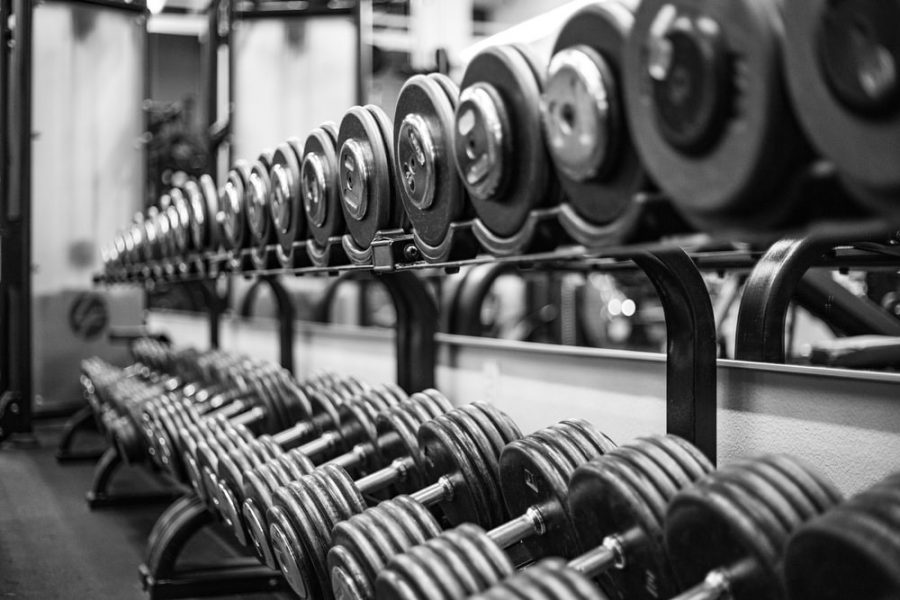Mental Health in Sports
September 16, 2021
This past year, athletes have been put in situations where their emotional strength and physical capability have been tested. Due to the recent speaking out, or rather stepping back, from athletes such as Naomi Osaka and Simone Biles, mental health awareness within sports has re-emerged as a more prevalent discussion between other athletes, the institutions they play for, and the fans that watch and support them daily. Athletes have been able to highlight the importance of reflecting and focusing on their well-being rather than pushing themselves beyond the necessary limit.
It’s important to address, first, that mental health is critical to human survival. A lack of mental awareness has a domino effect onto other functions of the body. It could lead to depression—as Osaka expressed in her Instagram post announcing that she had decided to recuse herself during the 2021 French Open— or even an athlete’s inability to appreciate and value and love what they are naturally talented at. So, why was mental health not at the forefront of discussion for athletes? It could possibly be due to the idea that athletes are meant to be perfect or are required to sacrifice what makes them human in order to appease the masses.
In addition to Osaka and Biles in tennis and gymnastics, respectively, NBA players were placed into isolation for months at a time so they could continue playing and providing entertainment for fans. While playing through the climax of COVID-19, they also had to decide how they would respond to issues surrounding Black Lives Matter and the murders of Black men and women such as George Floyd, Ahmaud Arbery, and Breonna Taylor. Being unable to see their families or find sources of comfort in anything beyond their sport while simultaneously being a representative of equality and justice becomes challenging after a time.
Biles makes the argument that removing herself out of the 2021 Olympics makes her “a stronger competitor”, providing her with the chance to reset and understand that she is doing gymnastics for herself and becoming an acclaimed athlete on her own accord. This ongoing discussion about mental health aides in disproving the idea that athletes are playing for the viewers or money or fame. A majority, particularly those that are proclaimed as G.O.A.T’s of their sport, work hard and do well for themselves. So, it is crucial that those on the outside tend to find a way in which athletes can be uplifted and have a space where their minds and well-ness are the priority. With that currently not being the case, athletes have to take that initiative to recognize their self-wellness on their own.
Works Cited
Blinder, Alan. “With Her Candor, Osaka Adds to Conversation about Mental Health.” NY Times. Last modified June 1, 2021. Accessed September 13, 2021. https://www.nytimes.com/2021/06/01/sports/tennis/mental-health-osaka.html.
Instagram. Last modified May 31, 2021. Accessed September 13, 2021. https://www.instagram.com/p/CPi9kJHJfxO/?utm_source=ig_embed&ig_rid=698e14c4-f754-48dd-b0f7-e55e81ddbc80.
“Mental Health: Strengthening Our Response.” World Health Organization. Last modified March 30, 2018. Accessed September 13, 2021. https://www.who.int/news-room/fact-sheets/detail/mental-health-strengthening-our-response.
Park, Alice. “How the Tokyo Olympics Changed the Conversation around Athletes’ Mental Health.” Time. Last modified August 8, 2021. Accessed September 13, 2021. https://time.com/6088078/mental-health-olympics-simone-biles/.
Reyes, Luis. “Gray Scale Photo of Dumbbells Photo.” UnSplash. Last modified December 5, 2018. Accessed September 13, 2021. https://unsplash.com/photos/mTorQ9gFfOg.



